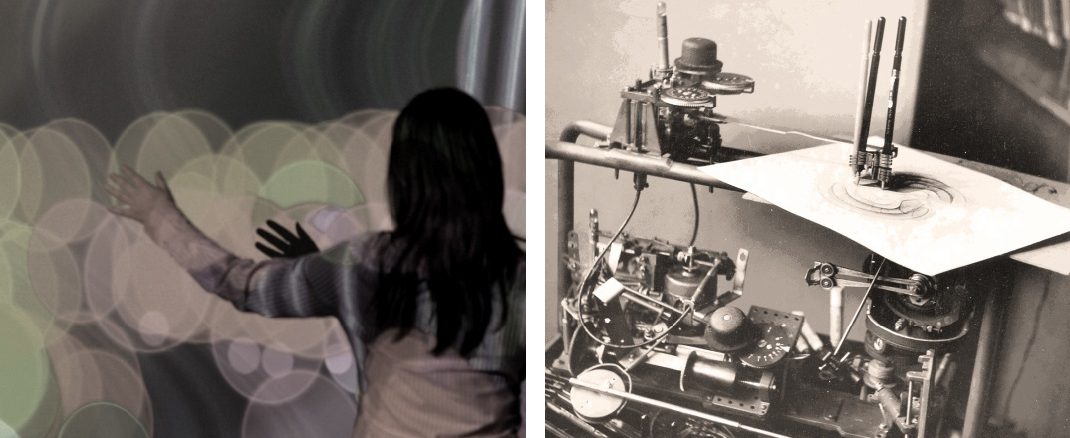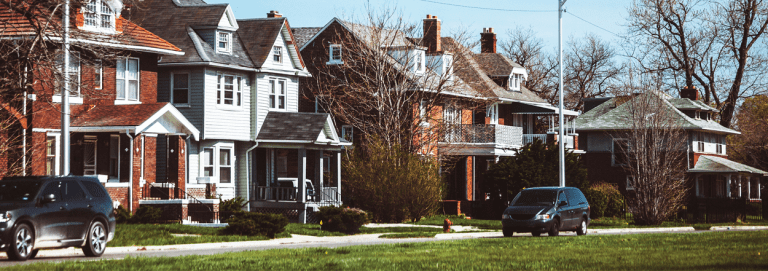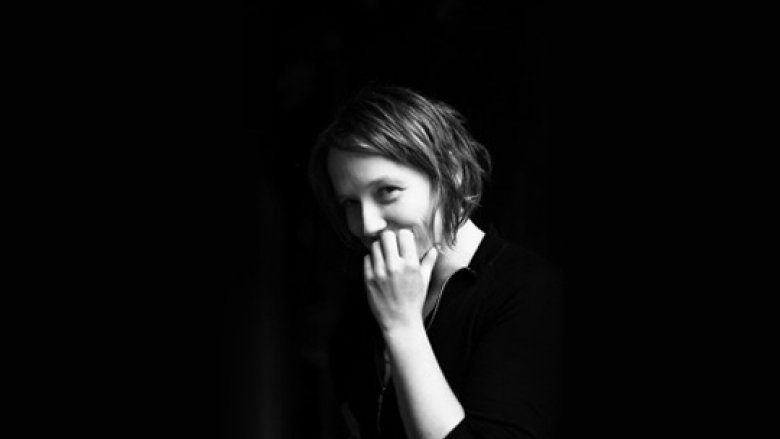Taubman College Assistant Professor of Architecture Robert Adams’ project, The Asclepius Machine: Genetic Diversity and Extreme Urban Euphoria was a finalist in the Seoul International Design Competition, Design For All. Named for the Greek god of healing and medicine, The Asclepius Machine, explores the relationship of genetic diversity and architecture as a means to re-think contemporary design methodologies and the rich vitality of disability culture. The research seeks to extend the range of architecture’s capacity to enroll a more intricate understanding of the public sphere regardless of bodily ability. The objective of the project is to reconfigure cultural codes through architecture in response to a wider distribution of the social body and interactive structures for people across diverse abilities.
The Asclepius Machine is currently on exhibit at the Seoul Design Fair 2010 through October 7, 2010. The project is supported by research grants from the Center for Chinese Studies, University of Michigan, a Research Through Making Grant from Taubman College, and the Graham Foundation for Advanced Studies in the Fine Arts. The competition jury included industrial designers, Werner Aisslinger and Oskar Zieta; architect, Ben van Berkel of UNSTUDIO; and, Birgit Lohmann, Editor-in-Chief, Designboom. Project design team includes: Sara Dean, Sen Liu, Andrew Norskog, Kendra Byrne and Akshat Jain.
Adams also published aspects of his research on contemporary social housing and disability culture in China in the journal Time + Architecture. This issue featured Western scholars working in China as a critical problem in a global debate. A scholarly journal on architecture and urbanism, Adams’ article, “Non-Identical Twins and Spatial Splinters” investigated the relationship between a Soviet style-housing block, Qing Shui Yuan adjacent to the newly completed Linked Hybrid housing project by Steven Holl Architects.








